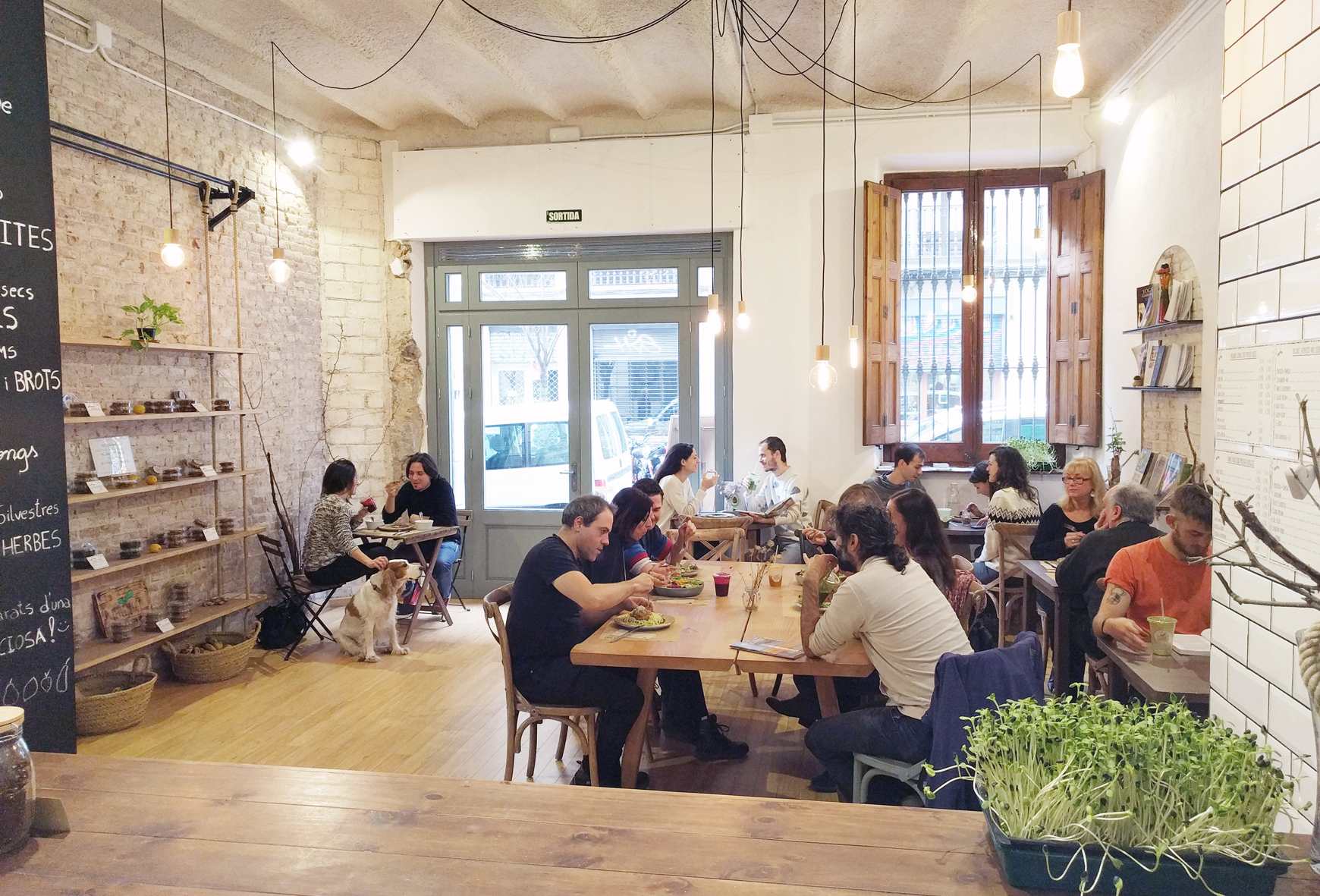Vegan Restaurants Move From the Fringe to the Spotlight

Photo Caption: Lunch time at Petit Brot in the Raval neighborhood of Barcelona.
Skift Take
Consumers' demand for organic, locally sourced dining is giving rise to restaurants that specialize in a particular food philosophy, showing others what it's like when your operations match your marketing.


